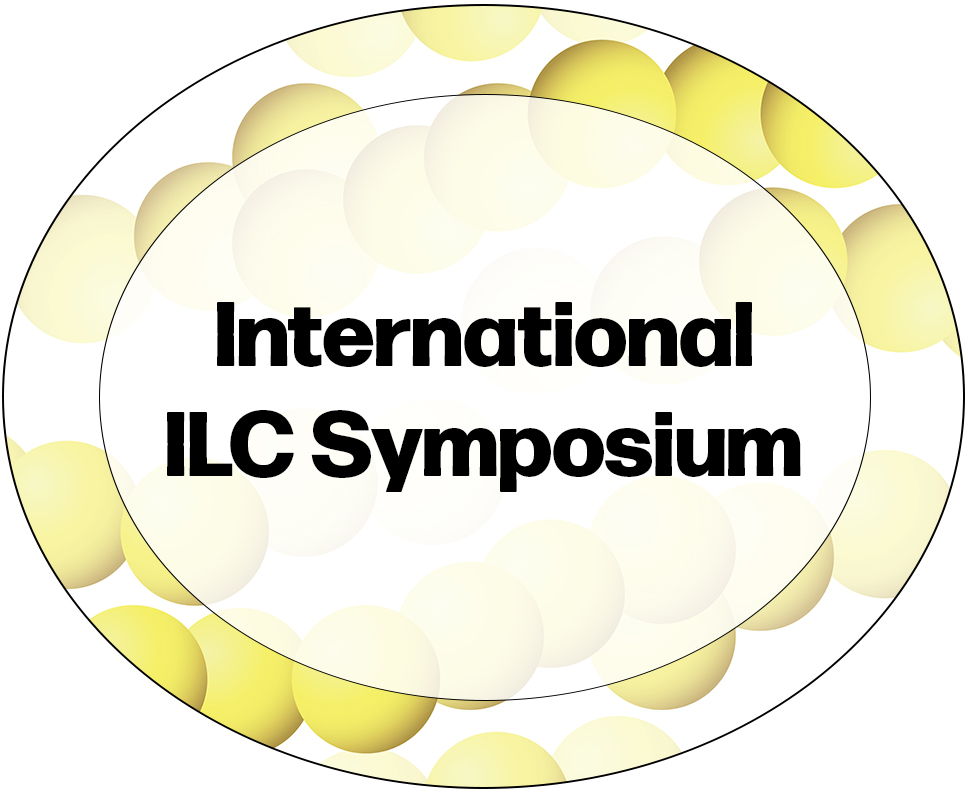Research at the ILC Program for Excellence
The Lee-Oesterreich Lab at the University of Pittsburgh is internationally recognized for its groundbreaking research into invasive lobular carcinoma (ILC), a distinct subtype of breast cancer with unique molecular characteristics and clinical challenges. Our research program integrates multidisciplinary approaches, cutting-edge models, and robust collaborations to significantly advance understanding and treatment of ILC.

Molecular and Genomic Characterization
- Comprehensive molecular insights into ILC, notably through landmark studies such as the TCGA analysis, highlighting distinct genomic alterations that differentiate ILC from other breast cancer subtypes (Ciriello et al., Cell 2015).
- Key genomic changes, including ESR1, ERBB2, and MDM4, prevalent in ILC, and explored their roles in cancer progression and therapeutic resistance (Cao et al., Cancer Lett 2019).
Hormone Signaling and Endocrine Resistance
- Mechanisms of endocrine therapy resistance in ILC, including unique estrogen receptor (ER) signaling pathways and mediators such as WNT4 and lipid metabolism regulators (Sikora et al., Breast Cancer Res 2016; Du et al., Breast Cancer Res 2018).
- NF1 gene’s loss-of-function as a mechanism for endocrine resistance provides pivotal insights for novel therapeutic strategies (Sokol et al., Ann Oncol 2018).
Advanced ILC Modeling
Building an integrated ILC modeling platform—spanning curated cell‑line panels, patient‑derived organoids, and credentialed xenografts—to power discovery and translational research.
Cell Line Models
- Developed and extensively characterized various ILC cell line models (Tasdemir et al., Cancer Res 2018; Elangovan et al., Mol Cancer Res 2022).
- Comprehensive Atlas of Lobular Breast Cancer Models serves as an essential resource for the research community, detailing current models and critical directions for future model development (Sflomos et al., Cancers 2021).
Isogenic Cell Line Models
To dissect the role of E‑cadherin (CDH1) in ILC initiation, progression, and metastasis, we have generated a suite of isogenic human and murine cell lines:
- CDH1 knockout in human ER⁺ cell lines MCF7, ZR75, T47D
- Doxycycline‑inducible CDH1 overexpression in ILC‑like MM134 and SUM44 human cell lines
- CDH1 CRISPR knockout in ER+ SSM3 mammary tumors cells
BCRF ILC Legacy Biobank of Patient‑Derived Organoids
- The BCRF ILC Legacy Project aims to establish a living biobank of at least 10 extensively characterized ILC patient-derived organoids (“LIOs”) with comprehensive molecular profiling including bulk genomics, single-cell RNA sequencing, digital pathology, and clinicopathological annotation. These models and the associated data will soon be available globally via a dedicated BCRF portal. This is a collaboration between UPMC Hillman Cancer Center, Memorial Sloan Kettering Cancer Center and the Institute for Precision Medicine, which Dr. Adrian Lee directs. Dr. Lee has made the generation of patient-derived breast cancer organoids, spearheaded by Dr. Daniel Brown, a priority of IPM. Dr. Jagmohan Hooda in the Lee/Oesterreich lab leads the characterization of ILC PDOs and the collaboration effort with MSKCC.
Patient-Derived Xenograft (PDX) Models
- In collaboration with Champions Oncology, we have identified and characterized a series of patient-derived xenograft (PDX) models of ILC using multi-omics analyses and detailed histopathological assessments.
Congruence of models
- Dr George Tseng, Professor in Biostatistics a UPitt, is a critical component of the Pittsburgh ILC Program of Excellence. His studies for testing congruence of ILC models with ILC clinical samples are critical for ILC research. For example, CASCAM (Congruence Analysis and Selection of Cancer Models) helps to identify cell lines most representative for ILC research. He subsequently obtained an R01 grant (MPI with Dr. Adrian Lee) on “Single-cell congruence evaluation and selection of cancer models towards precision medicine”.
Metastasis and Disease Progression
- We have developed a suite of endocrine-responsive xenograft models using reporter-labeled human ILC cells (Tasdemir et al., 2025, unpublished).
- We demonstrated that aberrant calcium-sensing receptor (CaSR) signaling drives ovarian tropism in ILC (Mathew et al., Geburtsh Frauenheilk 2017; Qin et al., SABCS 2020),
Immune Microenvironment and Modulation
- Uncovered a macrophage-enriched, immunologically distinct microenvironment in ILC, which facilitates progression and resistance to therapy (Onkar et al., Nat Cancer 2023). Revealed associations between immune cell composition and ILC transcriptomic subtype identifying novel opportunities for immune-based therapeutic interventions (Chen et al., Res Sq 2024).
Clinical Translational Studies
- Examined role of sentinel lymph node biopsy and prognostic markers such as ERBB2 mutations (Carleton et al., Ann Surg Oncol 2022; Kurozumi et al., Breast Cancer Res 2020).
- Examined personalized circulating tumor DNA (ctDNA) in monitoring treatment responses in metastatic ILC patients (Foldi et al., JCO Precis Oncol 2025).
Patient Advocate Collaborations and Community Engagement
- Our research thrives on collaboration with international consortia, biotech firms, and patient advocacy groups, aligning closely with the needs and experiences of the patient community (Pate et al., Cancers 2021; Oesterreich et al., NPJ Breast Cancer 2024).
- We actively contribute to global discussions, setting priority research questions and promoting a patient-centered research agenda.
- Together, these efforts position the Lee-Oesterreich Lab’s ILC Program of Excellence as a leader in transformative research, driving forward scientific knowledge, clinical innovation, and improved patient outcomes for invasive lobular carcinoma.








